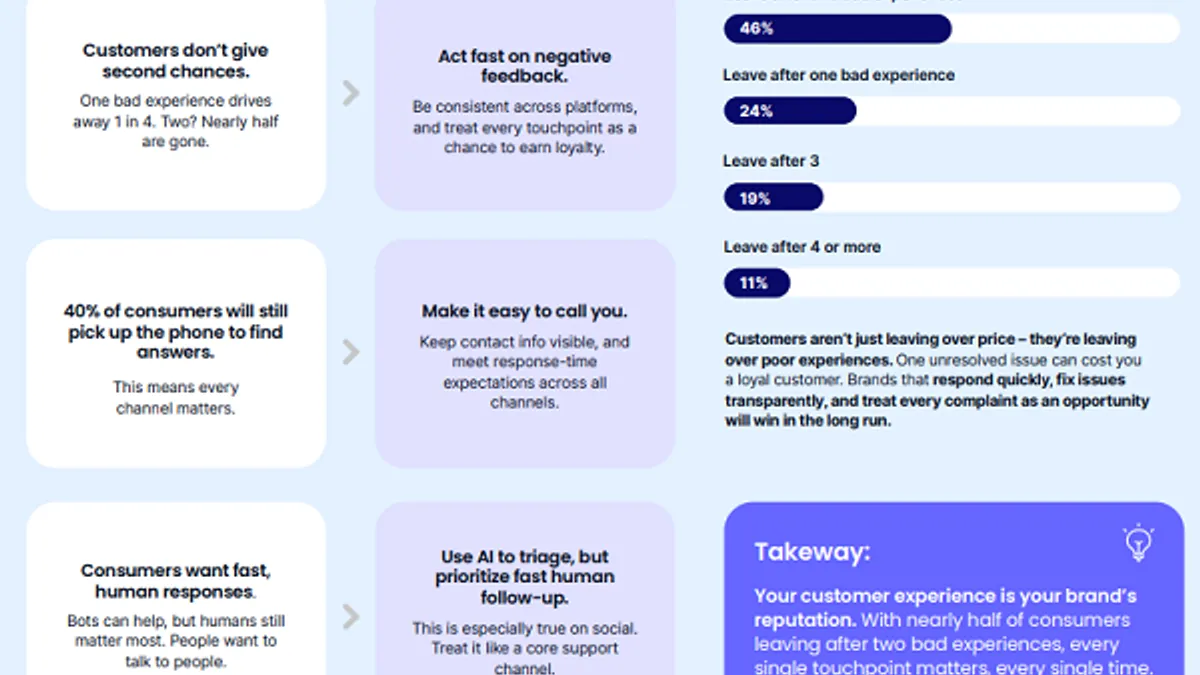As Google charges ahead with testing Topics — a system based around tracking subjects a web user shows interest in — via small-scale trials, questions remain around its rollout, effectiveness and impact on advertisers.
The conversation around third-party cookie deprecation has lingered for more than two years, with Google adjusting its timeline for the removal multiple times. Its latest move to address privacy and advertiser concerns came in January, when the tech giant unveiled its Topics program that collects information on one topic a consumer has shown interest in over the past three weeks and gives that data to advertisers. Information is only stored for a limited period of time to protect consumer privacy, an approach that makes microtargeting virtually impossible.
Topics replaces Federated Learning of Cohorts (FLoCs), a short-lived initiative that Google boasted was 95% as effective as third-party cookies. However, FLoCs was quickly abandoned in favor of Topics, Google's latest move in the privacy wars that has tech companies and advertisers scrambling to meet new regulations and consumer concerns. By phasing out third-party cookies and cross-app tracking, tech companies also make advertisers more reliant on them, opening new revenue streams for both Google and Apple.
However, that is still a long way off, as Topics is in the early stages of testing and will likely take time before it's rolled out on a wider scale. But according to experts, issues can still arise from small-scale trials.
Possible failures and successes
How Topics will perform has yet to be seen, especially as it is being rolled out on a limited scale. This limited scope will set the bar low and won't offer a fully accurate picture on how Topics will perform in the long term. But despite being small, the Topics trials are designed in a way that might help sidestep many of the pitfalls that plagued the FLoCs trials, according to Lukasz Wlodarczyk, vice president of programmatic ecosystem growth and innovation at RTB House.
"The upcoming Origin Trials of Topics are designed in such a way that they avoid these hurdles. For starters, testing will be available globally, including the EEA region. Secondly, both users and publishers will have control over their participation in the trials. They need to express the explicit will to be included. Additionally, the whole proposal has changed — a move from cohort identification to topics categorization should satisfy privacy advocates," Wlodarczyk said in email comments to Marketing Dive.
For Google, success of the first Topics trial will most likely be satisfaction and performance, according to Eric Schmitt, senior director analyst at Gartner. Adoption is an impending hurdle, but is farther down the road, he added.
"That's after trials. That means getting publishers to sign up for it, ad-tech vendors to sign up for it [and] agencies to buy in and so forth," Schmitt said.
Another issue that trials can face is scale. With consumers having to explicitly opt in, the trial may not have the traction it needs. However, the trials will help to provide advertisers the tools they need to handle Topics in the future. It may also help to clear up questions surrounding how Topics functions.
Despite being a long way off, advertisers should start preparing now, Schmitt suggests. While advertisers don't want to be experimented on, they also shouldn't wait to the point where they now need to play catch-up, especially as questions remain on how Topics can be used beyond display ads on browsers, such as in apps and gaming, he said.
"I think right now, it's enough and probably a better use of time for advertisers to understand what it is and how it's going," Schmitt said.
Efficacy and accuracy
Topics will likely never have the precision of third-party cookies, but that doesn't mean Topics will be completely without benefit. The new system may even provide benefits that third-party cookies currently can't. For example, Topics is incredibly simple and understandable for advertisers. It gives professionals an easy way to talk about advertising and metrics.
However, the efficacy of Topics remains largely unclear, according to Wlodarczyk — a hurdle that will remain until the final technical design is better understood.
"The utility is not clear even in comparison to FLoC, the previous version of this proposal, not to mention other technologies available today," Wlodarczyk said.
The best thing advertisers can do now to prepare is to begin building up first-party data collection infrastructure, he suggests. They should also focus on what "topics" they are most interested in.
"Advertisers who are currently improving ways of collecting and activating their first-party data are those who are probably ahead of their competitors in preparations for Topics API. This tool will allow a better understanding of the web profiles of the advertisers' customers," Wlodarczyk said. "Are they more interested in specific topics? What topics are the most converting? Cross-referencing Topics API data with advertisers' first-party data should allow them to get interesting insights."























